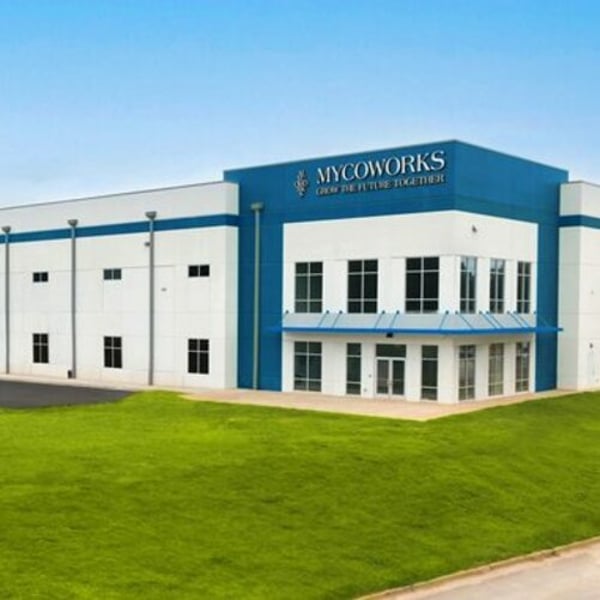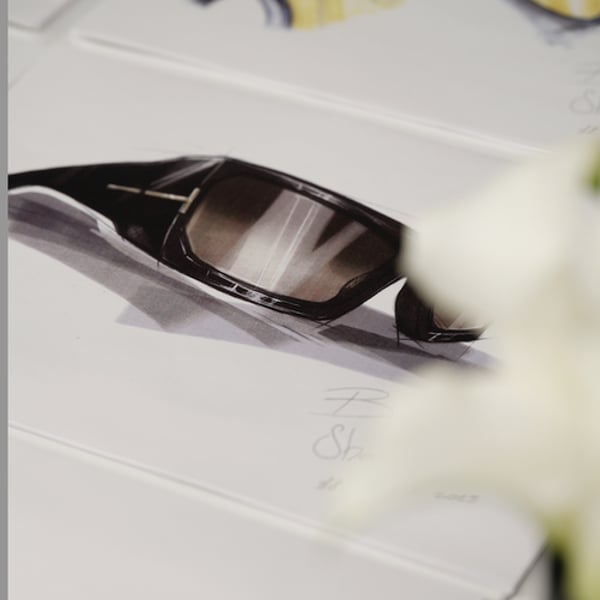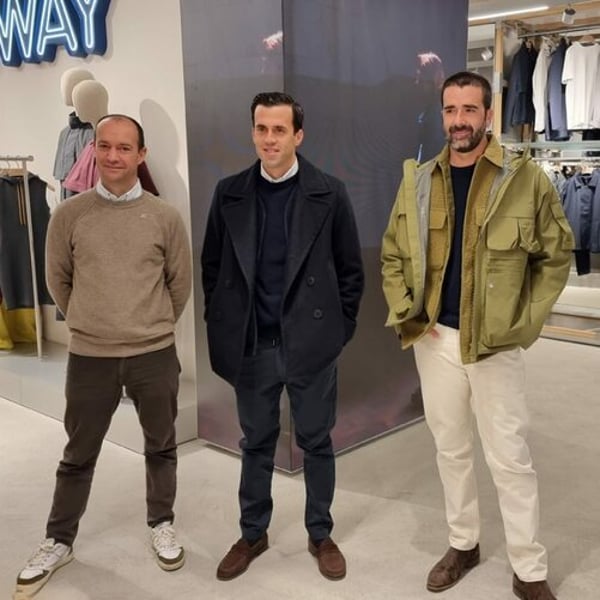By
Bloomberg
Published
July 9, 2025
A vegan-leather start up is slated to tap the municipal bond market this week, marking a test of investor confidence in speculative project finance.

MycoWorks Inc. — backed by Natalie Portman, John Legend and Decarbonization Partners — is offering a $73 million bond sale to develop a South Carolina factory that was shuttered for most of last year due to a fungal contamination.
The unrated debt, sold by a subsidiary through a state agency, is expected to price on July 9, with early price talk suggests yields of 7.5% to 8% on the tax-exempt portion and 11.5% to 12% on the taxable side, according to people familiar with the matter who aren’t authorized to discuss it publicly.
Founded in 2017, MycoWorks makes leather-like materials from mushroom roots and sawdust. The company has raised more than $314 million in equity capital as it targets the roughly $30 billion market for luxury leather goods. Its technology, called Fine Mycelium, uses the root structure of mushrooms to create a non-animal, non-plastic material intended for high-end applications.
Though alternative-materials firms are uncommon borrowers in the muni market, investors are familiar with project financings for private companies pursuing industrial-scale innovation, such as bio fuels or recycling technology. Still, a wave of recent defaults in the sector is prompting investors to dig deeper into credits.
“They’re not hiding the fact that this is a speculative investment with a high degree of risk,” said Jeffery Timlin, managing partner and lead portfolio manager for Sage Advisory Services’ municipal strategies. “This is something that people are going to have to do their due diligence on.”
MycoWorks’ clients include French furniture company Ligne Roset. One of its most significant customers is Curtidos Badia, a Spanish tannery that sells leather to luxury brands. Badia has the right to purchase 70% of the materials produced at MycoWorks’ South Carolina facility.
The factory is currently operating at just 22% of its capacity threshold, according to the offering documents.
Startup operations began in September 2023, but production was disrupted in January 2024 by an aggressive strain of fungi that began attacking the mushroom roots. The infection forced a full shutdown for most of the year, during which the facility underwent “thorough cleaning and upgrading of procedures,” according to the prospectus. Operations resumed in October.
The company says it has “essentially eliminated contamination issues” since implementing the new protocols, per the investor presentation.
The incident coincided with the company’s original financing timeline. MycoWorks had initially planned to sell municipal bonds in late 2023 or early 2024, with Wells Fargo & Co. lined up as underwriter, according to a state agency that had to authorize the sale of the bonds at the time. That deal was shelved; the upcoming transaction will instead be led by JPMorgan Chase & Co.
MycoWorks did not respond to requests for comment. Representatives from Wells Fargo and JPMorgan declined to comment.
Despite the risks, Timlin of Sage Advisory expects the deal to draw interest. High-yield municipal issuance has been scarce this year, while money managers have continued to amass capital to deploy in the sector.
JPMorgan strategists estimate that high-yield issuance so far in 2025 accounts for just 7% of overall tax-exempt supply.
Mohammed Murad, head of municipal credit research for PT Asset Management, said project finance deals have seen mixed reception in the primary market this year. High-yield offerings more broadly have been well received due to strong investor demand, he said.
“Project finance deals vary widely in terms of risk acuteness, but also the types of risks inherent in each of these deals,” Murad said. “No two deals are alike.”
MycoWorks is expecting about $5 million in revenue for the second half of 2025 and nearly $22 million for 2026, based on base-case projections. It’s offering documents outline a long list of risks, including the potential for future contamination events and changes in consumer behavior.
Much of the demand for alternative leather products is being driven by millennial and younger generations of consumers concerned with the environmental impact of traditional leather, the company notes. But those preferences could shift in “unexpected ways,” it adds, influenced by internet and social media trends.
“Innovation is expensive, time-consuming and may not be successful,” the prospectus states.







